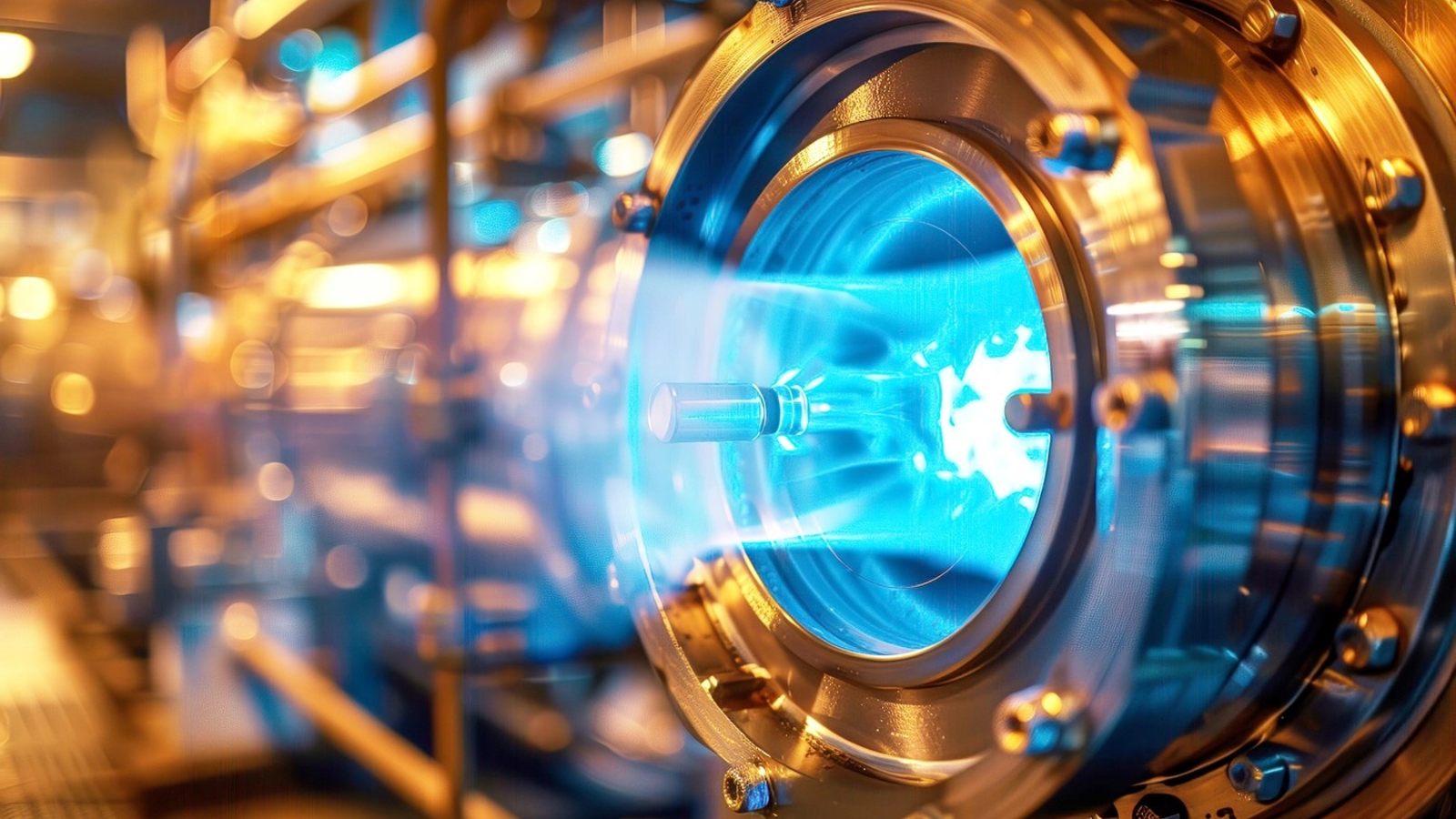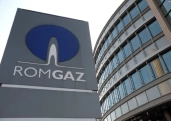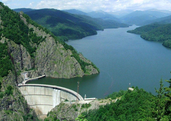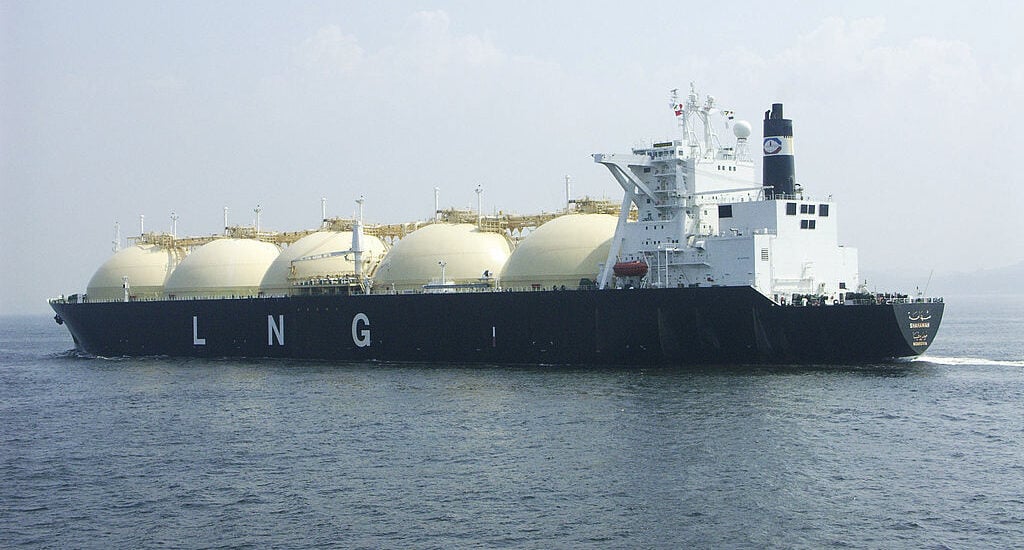Romania needs to speed up the transposition of the Renewable Energy Directive (RED III), otherwise it risks infringement procedures and the loss of European funding for hydrogen projects, shows a report by the Smart Energy Association (AEI).
"RED III (the Renewable Energy Directive III) adopted in 2023 as part of the 'Fit for 55' package, is the new European framework that sets binding targets for renewable energy. The directive replaces RED II (2018) and requires that, by 2030, at least 42.5% of the Union's total energy consumption should come from renewable sources, with a voluntary target of 45%. In addition to the general energy strategy, there is also a specific framework for hydrogen. 42% of the hydrogen used in industry must be renewable by 2030, and 60% - by 2035. 5.5% of the energy consumed in transport must come from green hydrogen or synthetic fuels. In addition, it mandates the digital certification of each kilogram of hydrogen, to demonstrate its renewable origin. The directive also limits traditional biofuels and encourages green hydrogen, and countries must report progress to the European Commission," the cited report states.
According to the cited source, Romania has adopted the National Hydrogen Strategy 2025-2030 and Law 237/2023, which set clear goals for the development of green hydrogen. The plans foresee the production of 153,000 tons annually by 2030 and the commissioning of 2,130 MW of electrolyzer capacity. A central element is also the creation of five 'hydrogen valleys', i.e. regional areas where production, transport and consumption would be interconnected, to ensure a coherent and efficient infrastructure. The problem is that the law does not yet have the application rules and the financing schemes (grants, subsidies, contracts for difference) are not yet operational. The projects in Cluj, Petrobrazi or Ramnicu Valcea are moving forward, but they are isolated in absence of a national network to connect them, the AEI representatives argue.
"Having a hydrogen strategy and law is useless if you don't implement them. Here, unfortunately, they turn to foreign consulting companies paid heaps of money, while national experts are invited to discussions to work for peanuts," says Ioan Iordache, president of the Hydrogen Energy Association and member of the Smart Energy Association.
The analysis mentions that the deadline for the full implementation of RED III was May 21, 2025. In July 2025, the European Commission confirmed that 26 out of 27 member states, including Romania, risk sanctions for not fully transposing the directive. The only country up to date is Denmark.
The AEI representatives also showed that Romania, along with Bulgaria and Slovakia, remains among the states with just a partial transposition and limited progress in implementation.
"If we do not act quickly, the Commission may issue reasoned opinions and even refer the matter to the Court of Justice of the European Union, which may result in financial sanctions for the Romanian state. In order to avoid penalties and attract European investments, Romania must quickly adopt the implementing rules for Law 237/2023 and launch support schemes for green hydrogen producers. In parallel, a new generation of specialists - engineers, technicians and civil servants familiar with the specifics of hydrogen - needs to be trained, so that the legislation does not remain just on paper," the report also shows.
The Smart Energy Association has been running the "Hydrogen, Vector of Future Energy" project since 2018, through which it has actively promoted hydrogen as an energy vector both among authorities and the general public. At the same time, it has contributed to the creation of experimental hydrogen testing sites and is engaged in the development of knowledge in the field through specialized courses.
































Comentează